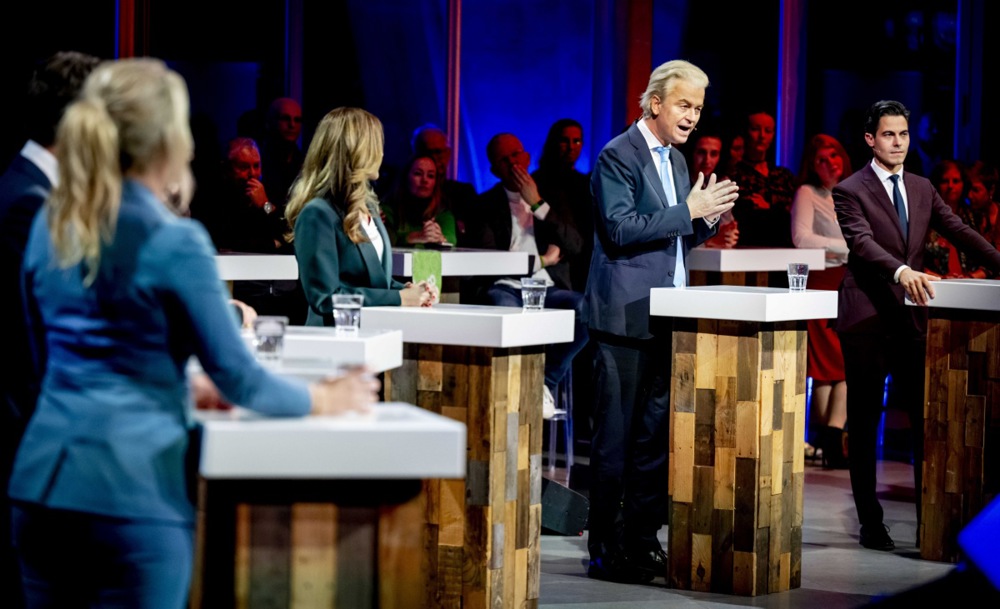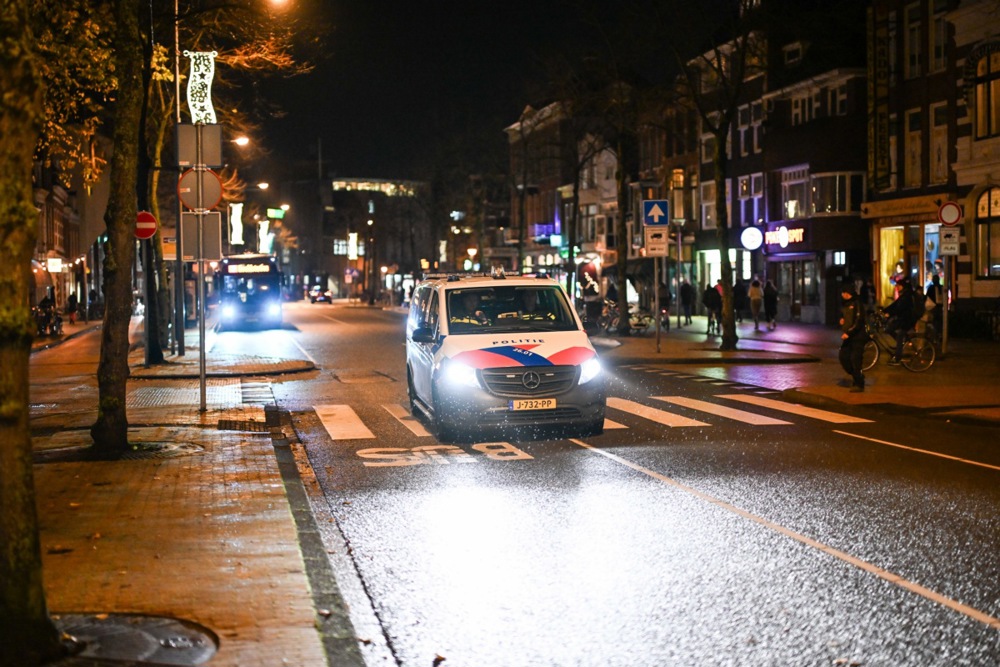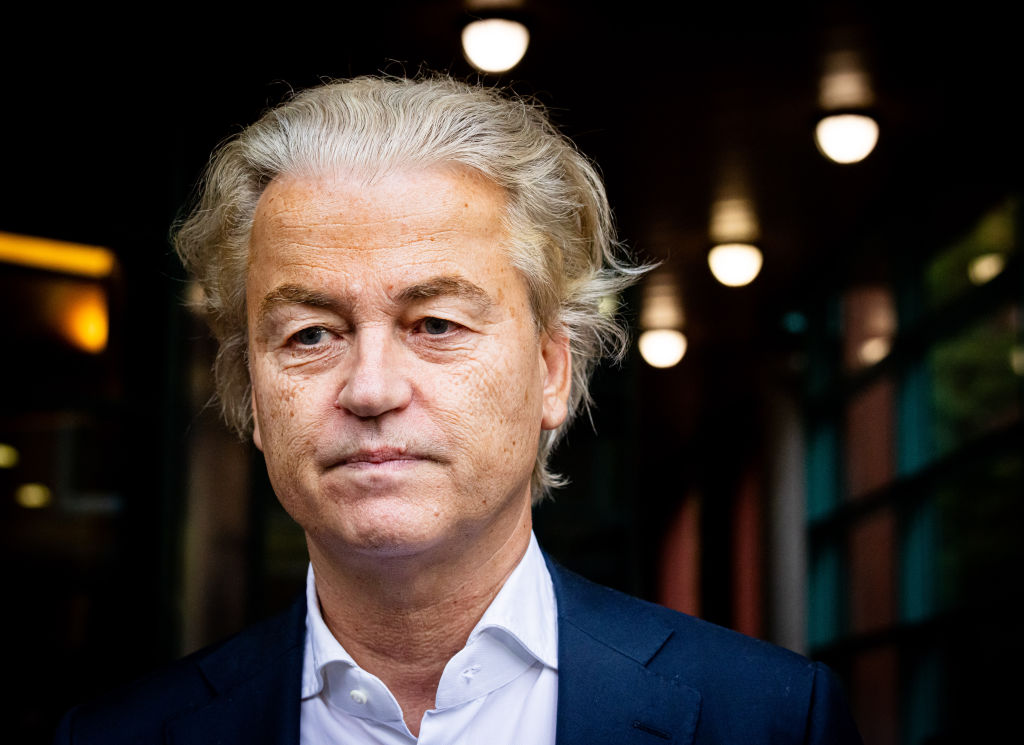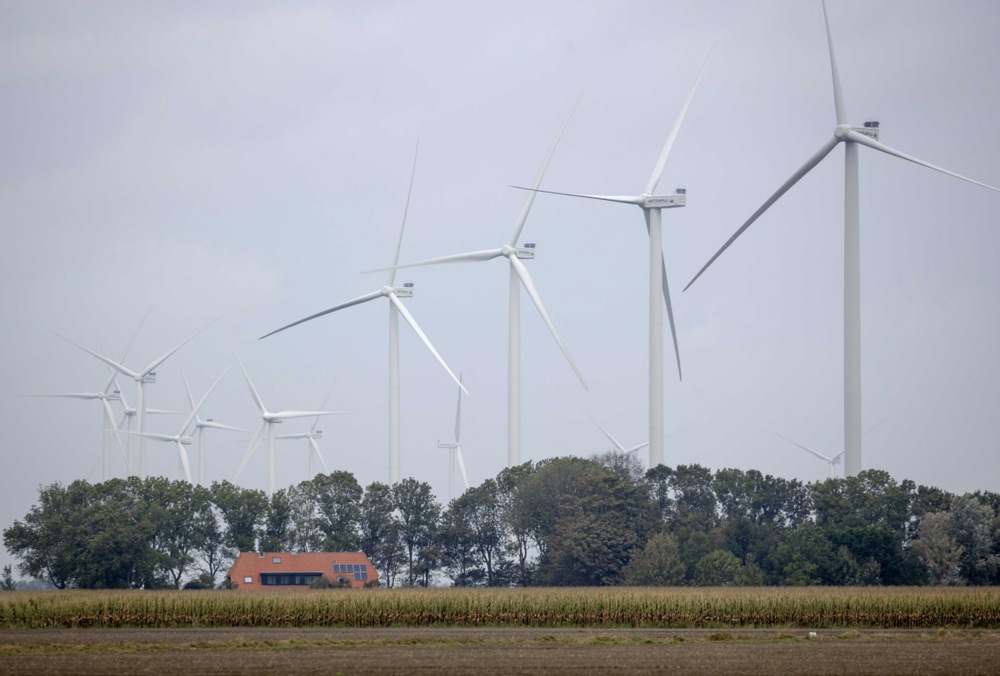Geert Wilders and his right-wing Freedom Party (PVV) have won the November 22 election in spectacular fashion.
The PVV party outperformed all predictions and more than doubled in size. From 17 seats, the party grew to 37: by far the largest party in the Netherlands.
The Right as a whole registered gains as voters reacted to their two key issues: migration and cost of living. Left-wing parties lost seats.
Wilders, who was rewarded for a soft-spoken and relatively mild campaign, said in a speech after the first exit polls that his party must be in the next government, and that he is willing to compromise.
Other parties can no longer ignore the PVV, he said. Ordinary people have to be put first again.
“The hope of the Netherlands is that the people regain their country; that something is done about the asylum tsunami; that they have more money in their wallets, and that healthcare is improved.”
Wilders indicated he would position himself reasonably in future talks and would make proposals “within the framework of the law”, adding: “We will not talk about [banning] mosques, Qurans, and Islamic schools.”
35!!!!!!
PVV GROOTSTE PARTIJ ❤️ pic.twitter.com/oMANVYvGjy
— Geert Wilders (@geertwilderspvv) November 22, 2023
With almost all votes counted, Frans Timmersmans’ alliance of Greens and Socialists seems to have won a tight race with the centre-right liberal VVD party for the second spot, obtaining 25 seats. The results seem to be the product of strategic voting, as the alliance took votes from other Left-wing parties.
Wilders’ spectacular win came as an unwelcome and unpleasant surprise to some.
Ik vind dit zulke heerlijke beelden #verkiezingen2023 #PVV pic.twitter.com/Lpe5UAppym
— Hilaire Belloc (@FeyeNody) November 22, 2023
In his speech after the results came in, Timmermans said now was the time to defend the rule of law and democracy.
He said his party will never go into a coalition government with the PVV party.
Timmermans called for everyone on the Left to join his movement.
Both Wilders and Timmermans are from the same province, Limburg. There, Wilders soundly beat his progressive opponent.
The centre-right liberal VVD party of outgoing prime minister Rutte got clobbered.
The party did worse than predicted by polls, coming in third and losing 10 seats, leaving it with 24. The party leader, Dilan Yesilgöz, said “the ball is in Wilders’ court.”
The New Social Contract party, the centrist outfit lead by Pieter Omtzigt, did not do as well as polling promised, but still secured a respectable result and could land ministers in the next government.
Omtzigt, who is somewhat of an Eurosceptic, campaigned on better governance and more strict migration laws. Before the election, he was negative about cooperation with Wilders, but on Wednesday evening he sounded much more willing, stating: “Everyone needs to step out of their comfort zone”: an almost literal quote from Wilders earlier in the night.
The left-wing D66 party, winner of the last election and the “progressive conscience” of the outgoing government, ended up with nine seats, a steep decline compared to 24 held previously.
Party leader Rob Jetten (D66) said the result was “a severe blow”. In his speech he lashed out at the PVV, claiming that behind the moderate tone of Wilders “there are still extreme ideas”.
He continued: “He wants to leave Europe and abandon climate policy…He practices a politics of intolerance.”
Jetten, together with many on the Left, blamed the VVD Party for the election results in the Netherlands.
He said it was Rutte who pulled the plug on the government via the migration debacle. Yesilgöz, he said, had indicated she was willing to work with Wilders. “She has normalised a politics of intolerance, which should never have been considered normal.”
The Farmer Citizen Movement (BBB) ends up with seven seats: a nice result for a former one-woman party, but a far cry from the elections in the Dutch Senate in May, where they were the biggest party by far.
Party leader Caroline van der Plas was nevertheless happy, and said her party was eying a spot in the new government. She also complimented the PVV and Wilders.
The CDA, the historical Christian Democrat Party, lost ten seats and now only has five left. Its more right-leaning offspring, the NSC and the BBB, seem to be more in touch with the popular mood.
“This is not the end. We will be back,” party leader Henri Bontenbal said.
The Euro-federalists party Volt lost a seat; it now has two.





